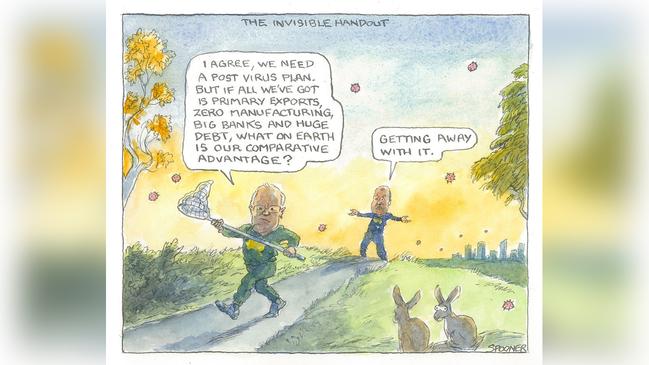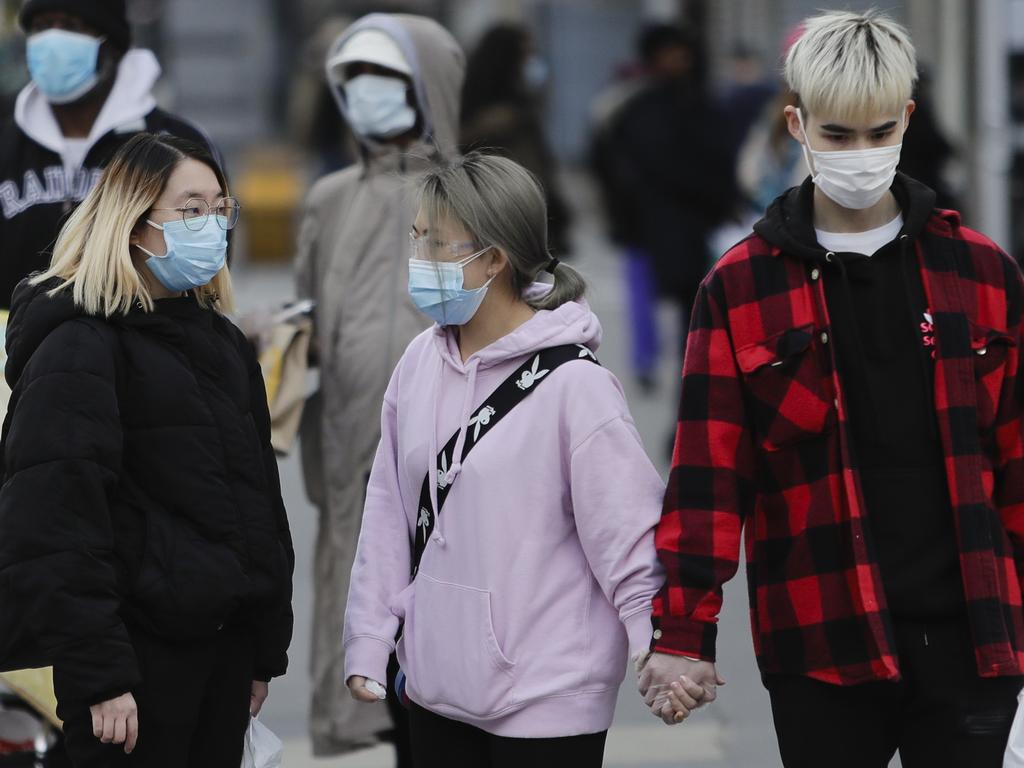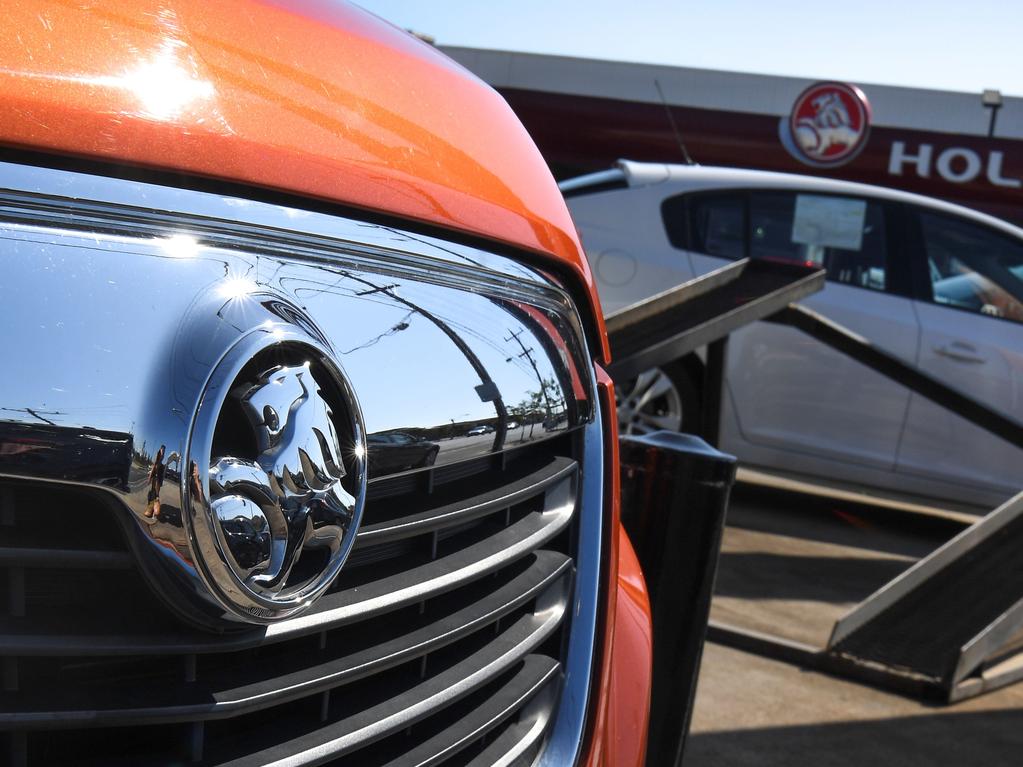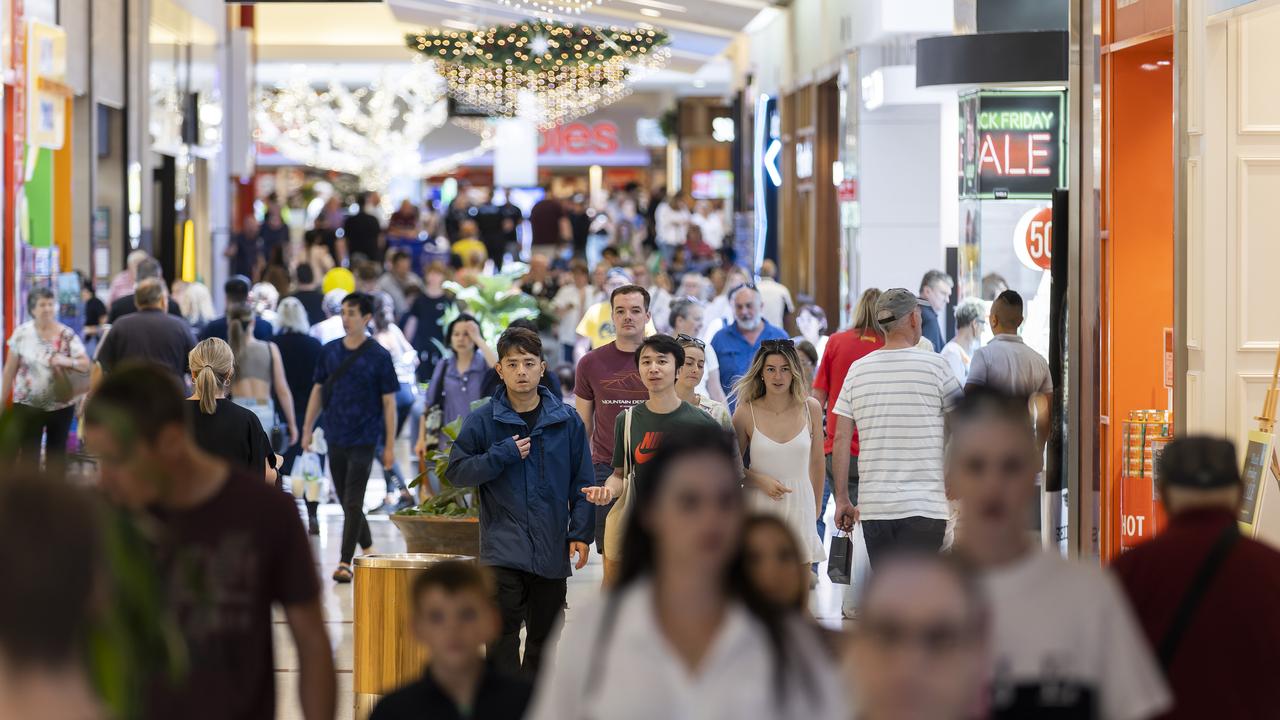
For much of its 23-year existence, Seek has enjoyed a market darling status due to its impressive growth and a business model that invests for the long term, generating superior returns and adding value in the face of plentiful blue sky.
Then there was the coronavirus and the virtual shutdown of key markets.
At its half-year presentation in February it downgraded profits slightly based on the effects of the virus on its Chinese Zhaopin operations and noted conditions were “extremely challenging”.
Outside of China and Hong Kong, the impact it said was “not material” and hence excluding Zhaopin it did not expect a “material change in its outlook”.
It is now April and the world has changed, prompting talk from some of the need to address that guidance.
The stock hit a 52-week high $24.10 in January last year before falling 53 per cent to $11.10 on March 23.
It has rallied since ahead of the market, but on Friday fell 3.7 per cent to $14.53, some three times the market fall after a period of outperformance
Seek is an online employment advertisement business that has branched into online education and other services, but its performance during the global financial crisis shows it is highly dependent on the employment market.
Westpac figures the economy fell 0.7 per cent in the March quarter, will fall 8.5 per cent in the June quarter and will finish the year down 5.2 per cent after growing by 5.2 per cent in the fourth quarter.
The lines outside Centrelink tell you the employment market is terrible and, when NAB releases its next business survey after Easter, we can expect a sharp contraction. All of which suggests the external conditions for Seek are not great and it would not surprise to see the company update the market shortly.
In a report last week, UBS downgraded its numbers on the stock with revenue now flat at $1.6bn this financial year and earnings before interest and tax down from $348m in the 2019 financial year to $252m this year.
UBS expects earnings to fall further in 2021 to $252m before bouncing in 2022.
Return on capital is expected to fall from 14.3 per cent last year to 9.9 per cent in the 2021 year before bouncing to 13.9 per cent in 2022.
With revenue tipped to hit $2bn in 2022, chief Andrew Bassat’s long-term target of $5bn in revenue by 2025 looks to be a challenge.
The market is not expecting any issues with its debt, and while the company hasn’t disclosed any covenants, in this climate given its market position they would not be an issue.
Net debt stood at just over $1bn at the end of last year, which is about 1.9 times earnings before interest tax, depreciation and amortisation. This falls comfortably within most debt covenant ranges of at least three times and in any case there are myriad changes the company can make, adjusting capex, marketing spend and other items.
Capex as a percentage of revenue fell from 6.9 per cent last year to 6.5 per cent in the first half, both numbers well ahead of the overall market and a reason for past accolades.
Amid the market turmoil, many companies have changed or withdrawn guidance for obvious reasons, so any statement from Seek would be entirely predictable. It would be better if more was said than less, but Bassat is playing his cards carefully and close to his chest.
Cochlear hatchet job
ASX chair Rick Holliday-Smith also chairs Cochlear, which has just presided over one of the most effective demolition jobs on retail shareholders with its $880m placement leaving retail holders to participate at up to $50m.
Thousands are lining up at Centrelink offices but JPMorgan picked up $20m for this effort.
One shareholder, London and Hong Kong-based Veritas, picked up 34.6 per cent of the issue, buying $304.5m worth of shares at the heavily discounted price of $140 a share.
It reached into its pockets to buy another $100m worth to bring its holding up to 2.2 million shares, or four times its previous holding.
Against dilution of retail shareholders, this is a little excessive especially as even after a 5 per cent fall the stock is selling at $181, or 29 per cent ahead of the issue price.
Pub king’s luck
Gold Coast billionaire Bruce Mathieson timed his run to perfection as Woolworths moved towards the planned float of its liquor arm, which means in February Mathieson swapped 25 per cent ownership of the ALH pubs business into 15 per cent of the combined liquor business.
The 330 hotels are now shut by government decree, generating zero income, but thankfully of the 8000 staff some 4500 are now working in the Woolies empire.
Woolworths also has some 73 ALH chefs on the job preparing food for people under the “fair share” program.
The program is being helped by a range of companies and charities like Second Bite, which collects fresh food from supermarkets, growers and restaurants and then redistributes it among aid groups that make some 40 million meals a year around the country.
The wider liquor group includes Dan Murphy’s, which is growing sales by an estimated 30 per cent this year, so Mathieson has some earnings to count.
The proposed $10bn float is now on the shelf until maybe next year, but Mathieson has dodged a bullet.
In 2010 he had a similar break when the then Victorian government wanted to break the Tatts-Tabcorp control of the pub poker machines and sold licences to individual publicans. Mathieson just happened to be the biggest in town and grabbed the maximum 35 per cent of the state’s pub poker machine licences.
Over at the supermarkets, sales are booming with Bank America tipping a 25 per cent increase in profits this half on a 13 per cent increase in sales.
A walk down the supermarket aisles reveals few if any specials and, with restaurants shut, dining in-house is now the only game in town.
This is good news for Coles and Woolworths, but come July when their results are released after the economy has endured what Westpac thinks will be an 8.5 per cent cut in GDP in the June quarter, the buoyant supermarket sales will be a source of some irritation.
Steven Cain and Brad Banducci had better have their lines prepared for the potential political fallout.
Costs are ballooning with plastic screens to protect checkout staff, extra security, delivery trucks, etc, but profits will stay OK.
The question will then be asked: were prices excessive?







